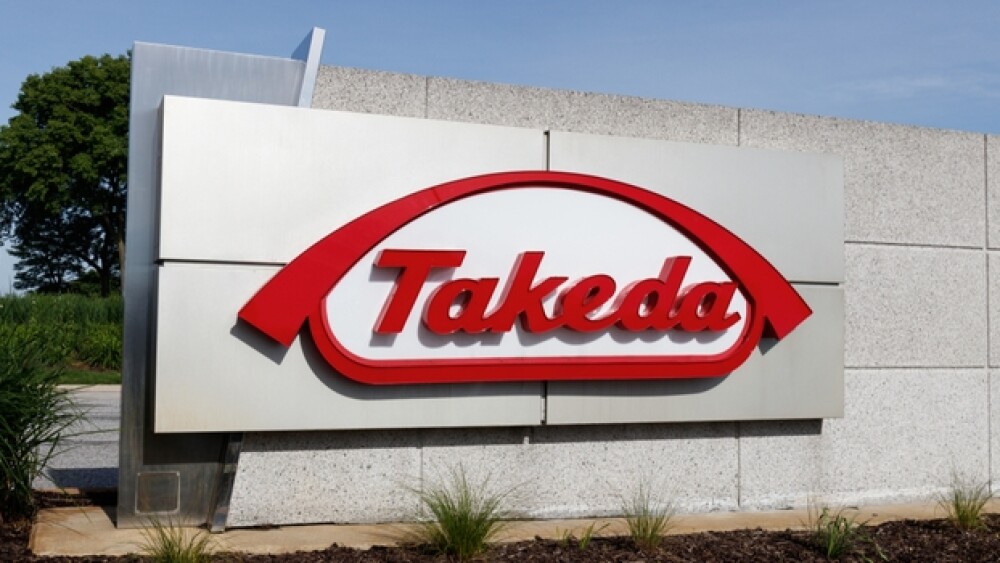Collaborating with Frazier Healthcare Partners, the team spun out a new company dubbed HilleVax to take Takeda’s norovirus vaccine into Phase 3 trials.
Jonathan Weiss / Shutterstock
Feeling perhaps there were too many irons in the fire, Takeda Pharmaceutical is pulling a late-stage vaccine out of its ovens for someone else to finish the job.
Collaborating for a second time with Frazier Healthcare Partners, the team is spinning out a new company dubbed HilleVax to take Takeda’s norovirus vaccine into Phase 3 trials and, hopefully, on to approval and commercialization.
Takeda will retain rights to the vaccine in Japan, while HilleVax brings it to the rest of the world.
TAK-214, now HIL-214, is an injectable vaccine created with virus-like particles. In a Phase 2b study in 4,712 adults, it prevented moderate-to-severe cases of acute gastroenteritis from norovirus infection. The trial was completed over three years ago.
For many, the vomiting and diarrhea symptoms caused by norovirus resolve within a few days. But in infants, the elderly, and immunocompromised patients, particularly in impoverished areas, the disease can be deadly. There are nearly 700 million cases of illness a year, resulting in 200,000 deaths worldwide.
By utilizing a spinout company to take the drug through late-stage trial and approval, Takeda can fuel resources on its top priorities, particularly its dengue vaccine.
“Takeda and Frazier have a history of successfully partnering together, and we are confident in HilleVax’s capabilities to progress HIL-214, the most advanced norovirus vaccine candidate in development with the potential to address the huge global burden of norovirus-associated acute gastroenteritis,” said Rajeev Venkayya, M.D., President of the Global Vaccine Business Unit, Takeda.
“This will allow Takeda to focus its efforts and resources on our dengue vaccine, which we have begun filing for licensure around the world, our pandemic programs, and our partnership with the U.S. Government to develop a Zika vaccine.”
As Venkayya alluded, Takeda has employed this strategy before with Frazier. In 2019, the two companies launched Phathom Pharmaceuticals to develop the acid-blocker vonoprazan. Takeda kept some rights then, too, granting Phathom the U.S., Canada, and Europe markets.
This spring, Phathom announced positive topline results from its pivotal Phase 3 trial for the drug in H. pylori infection. All primary and secondary endpoints were met. An NDA is expected in the fourth quarter of this year. The drug already has marketing approval in Japan and other countries in Asia and Latin America.
In 2017, Takeda spun off its oncology portfolio into an incubated startup under the name Chordia Therapeutics. The company signed a license agreement with Ono Pharmaceuticals for Chordia’s MALT1 inhibitor and its related compounds for an initial $30 million with a potential for $452 million in milestones.
Takeda is heavily focused on its global vaccine business, including its lead candidate for dengue, COVID-19, pandemic influenza, and Zika targets.
The company had an NDA accepted for Priority Review in May with the potential to become the first and only treatment approved for cytomegalovirus infection in refractory patients.






